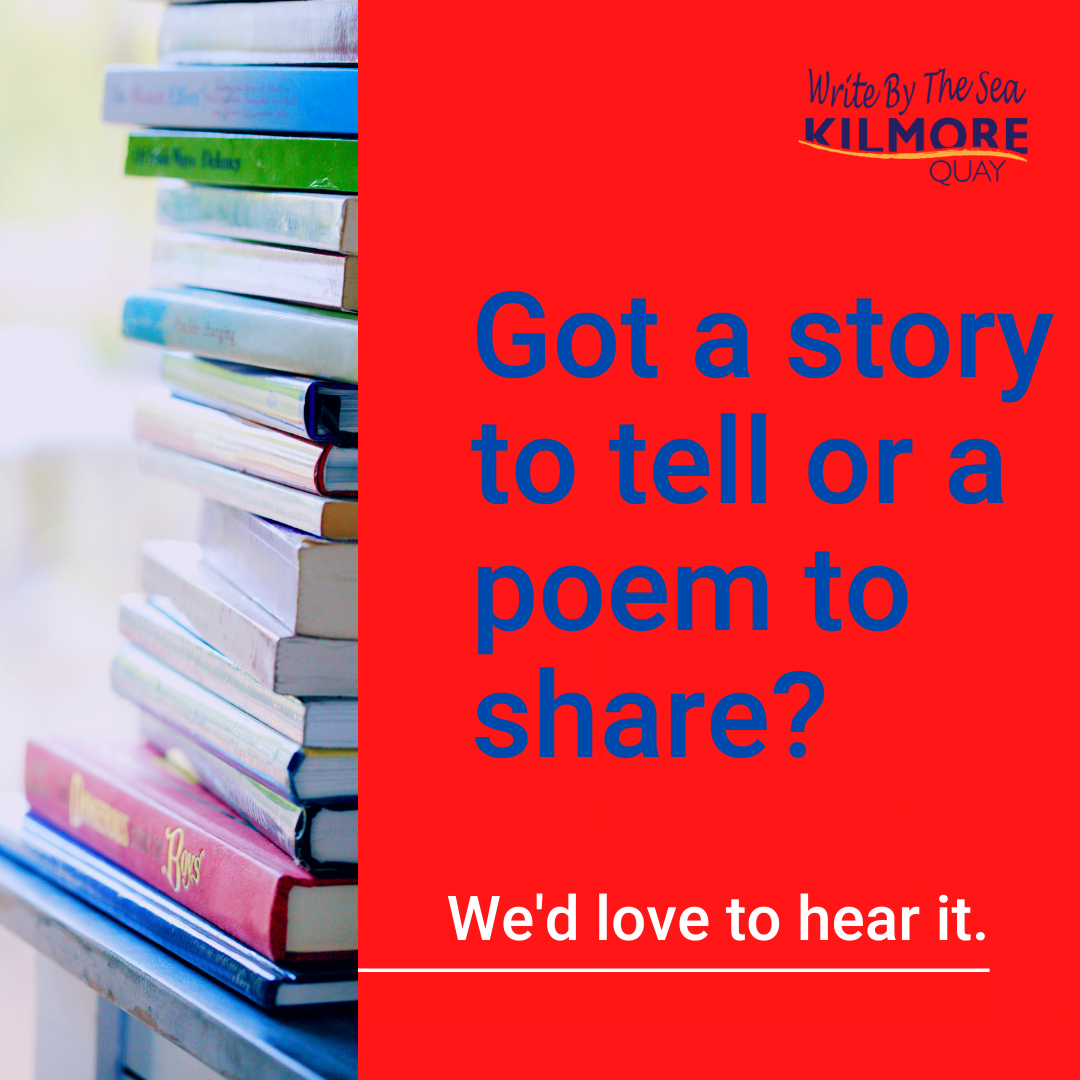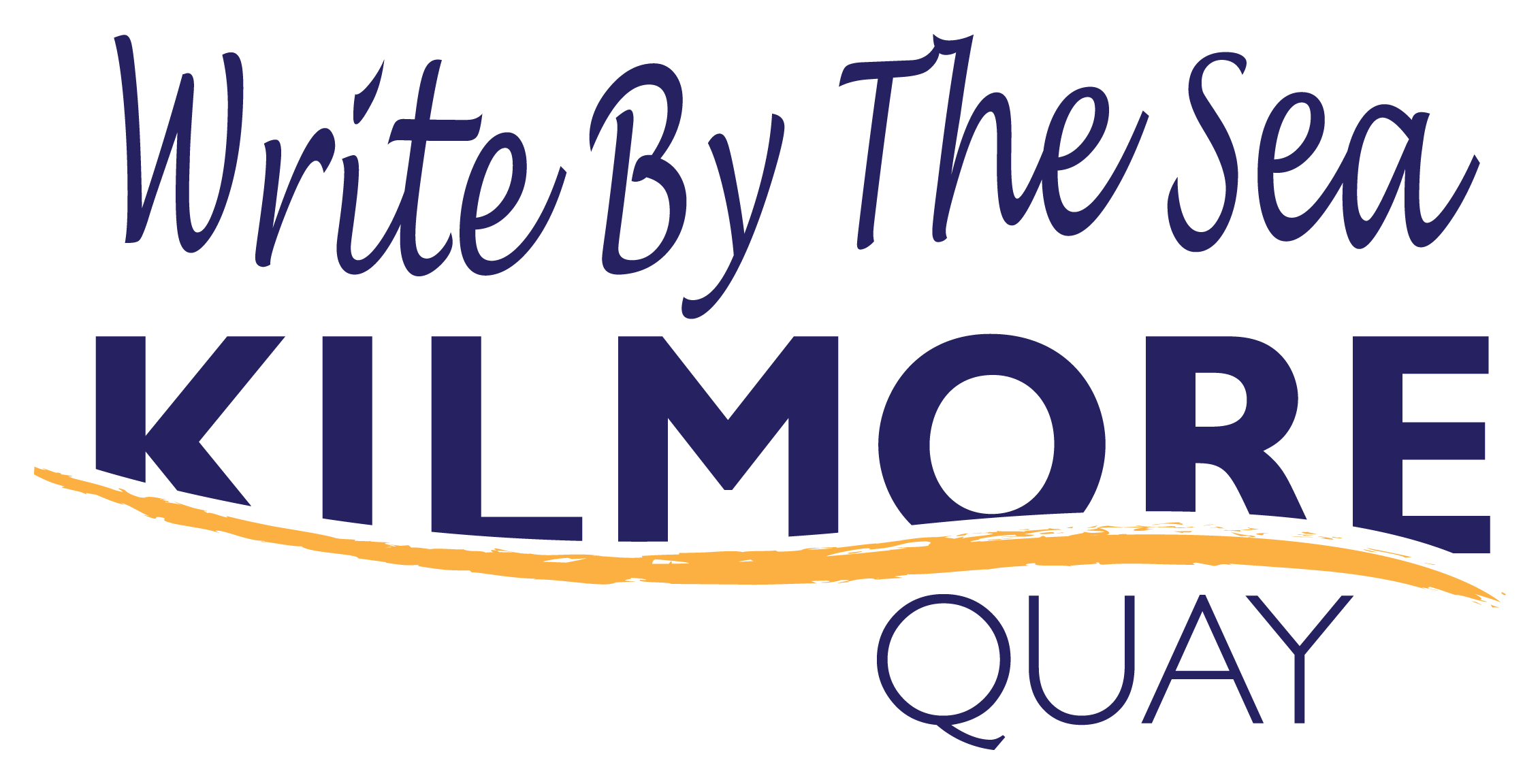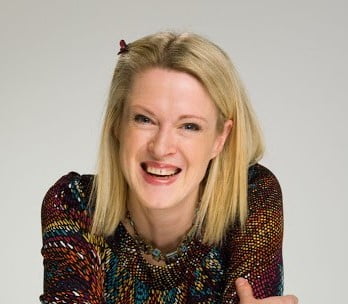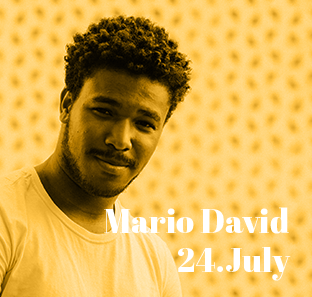
April 2021 – Write your Way to Success

If you are taking your first steps into fiction, memoir or poetry writing, entering the 2021 Write by the Sea Writing Competition can get you started. In this article, Write by the Sea guest blogger, Chiara Liberio, talks to two past winners about their experience and the benefits of taking part in the competition.
The 2021 Write by the Sea Writing Competition is now open for entries. You may have been considering taking up writing for some time and maybe you are pondering on what steps to take next. If getting your work published still looks like a distant goal, a great first step is to enter a competition devoted to emerging writers. Write by the Sea Literary Festival is an initiative born on the beautiful shores of Kilmore Quay from the desire to bring readers and writers together, while encouraging passionate readers to start writing. One of the Festival highlights is the annual themed Write by The Sea Writing Competition, which aims to provide a space for emerging writers to showcase their work in the categories of Fiction Short Story, Memoir and Poetry. Short fiction is often one of the first steps for aspiring writers. Not that writing short pieces is easy – but the short format does allow the writer to cut out unnecessary sentences and focus on individual aspects, single problems, and on what works.
Short pieces can be published in magazines to help establish a reputation in the eyes of agents and publishers. Short stories, and the financial rewards that came with them, were the beginning of a writing career for Stephen King, who, in an interview for Bibliostar.tv says that a novel may be a quagmire one can be unprepared for. Short pieces have also been the first step into publishing for the writers of several excellent Spring 2021 Irish debuts, such as Louise Kennedy’s blazing short story collection The End of the World is a Cul de Sac; Louise Nealon’s debut novel Snowflake (a six-figure deal) and Megan Nolan’s debut novel and The Times bestseller Acts of Desperation.
Among the many writers who have participated in the Write by the Sea Fiction Short Story competition is Angela Graham, who was shortlisted in 2018. Angela has since written the acclaimed short story collection A City Burning (published by Seren Books) and is currently working on a novel.
Write by the Sea recognised the importance of supporting new and emerging writers through the pandemic by keeping the competition alive in 2020 and by ensuring that this year’s competition will also take place. But what is it like to participate in years so extraordinary, with lockdown, social distancing, and all that these restrictions entail? I spoke to the 2020 winners of the Fiction Short Story and Memoir categories to hear about the rewards and challenges of taking part in last year’s competition.
Write by the Sea 2020 Fiction Short Story winner Colm McDermott had always dreamt of being a writer, and after a childhood of reading obsessively, a degree in pharmacy and a trip to Asia he decided to complete an MA in Creative Writing at UCD, which he pursued while continuing to work part-time as a pharmacist.
Catriona Kelly, winner of the 2020 Memoir category, is a horticultural therapist who instructs in growing your greens as a means of nourishing your body and mind. Unlike Colm, she does not have any formal academic training in creative writing, but throughout her life she has always “scribbled on the back of bits of papers and envelopes as a necessity – a way to capture emotions and events”. After completing a degree in natural science, Catriona held various positions in education and community work: “As a common thread, my work has always been with people, often with marginalised and vulnerable groups”, she explains. Life experience matters when you have something to say. Both Colm and Caitriona had been shortlisted and longlisted in previous awards, and this gave them confidence to believe in their stories and to keep going.
Catriona and Colm agree that lockdown has been difficult despite the availability of more time, and especially for those who may already have work commitments. The key is to write a little bit every day. But when it comes to what to write, this can be an ideal time to look back on relevant past experiences. You might have written, jotted down or simply witnessed something that, at the time, you didn’t think of as useful; and then it suddenly becomes suitable material for a particular writing competition theme. This is what happened to Catriona and Colm last year. Catriona had a compelling true story, No Going Back, about trying to help a refugee, detained on the Rosslare-Cherbourg ferry, who was to be repatriated. She had previously tried to fictionalise it but it did not work. Colm had written a piece inspired by an encounter with a fellow who was carrying jerry cans. He had been wondering what this fellow could have been transporting in the cans, other than petrol. Colm then wrote North Sea Goose Chase about two brothers carrying sea water to their old, dying father. When Colm and Caitriona saw that the theme of the 2020 Write by the Sea competition was Waves, they both understood that what they had written could actually fit that theme.
According to Colm, even if you do not have previous notes or ideas to begin with, writing to a theme can be especially useful, as it gives you some structure and boundaries to work within: “Someone described this to me before as using a pot to let a plant grow – you constrain the roots in order to point a direction for the flower or tree”. What may be slightly harder is respecting the word limit. For both, a short story might end up becoming longer or turning into something else. For Colm, having the word constraint helps you to understand how far you can take your characters. For Catriona, the word constraint helped her to “whittle away the stuff that I discovered wasn’t actually part of that story anymore”.
There may be negative emotions related to showing your work to strangers. Submitting a piece may be something that requires courage: Catriona acknowledges that “Sharing something you’ve written may make you feel vulnerable”, and in Colm’s experience, lack of confidence is widespread among emerging writers. But both agree that the other side of the coin is that recognition can make you realise that what you have written is good. “Even just the prize is a physical reminder of your skills”, says Colm. But for Catriona and Colm the greatest take-away has been a huge boost of confidence, and the ensuing momentum of their writing practice. Colm has dusted off the novel that he had been working on and is continuing to work at it, while Catriona, who has started to think of herself as a writer, has begun a new piece. Thanks to the publication of her Write by the Sea Memoir entry, she was able to demonstrate evidence of previous work and to access professional training for developing writers.
For both Colm and Caitriona, consistency in maintaining a daily writing practice is key, and a way of keeping the story alive. So, what is the best piece of advice they can give to aspiring writers considering taking part in a competition? Their combined answers speak to the Peter Pan inside us: “Think big, be like a child, use your imagination”, says Colm. Catriona adds: “It’s okay to be scared, just do it!”
You can enter the 2021 competition and you can read and listen to an audio of the 2020 winning entries in all three categories here: http://localhost:82/wbts2/writing-competitions/
Read about Angela Graham’s competition experience here: http://angelagraham.org/2018/09/write-by-the-sea-competition/
Check out some 2021 debuts:
Megan Nolan: http://www.megannolan.org/
Louise Kennedy: https://www.thetimes.co.uk/article/the-end-of-the-world-is-a-cul-de-sac-by-louise-kennedy-review-0xhnklh7d
Louise Nealon: https://www.irishtimes.com/culture/books/twenty-seven-year-old-irish-debut-novelist-signs-six-figure-deal-1.4259979




